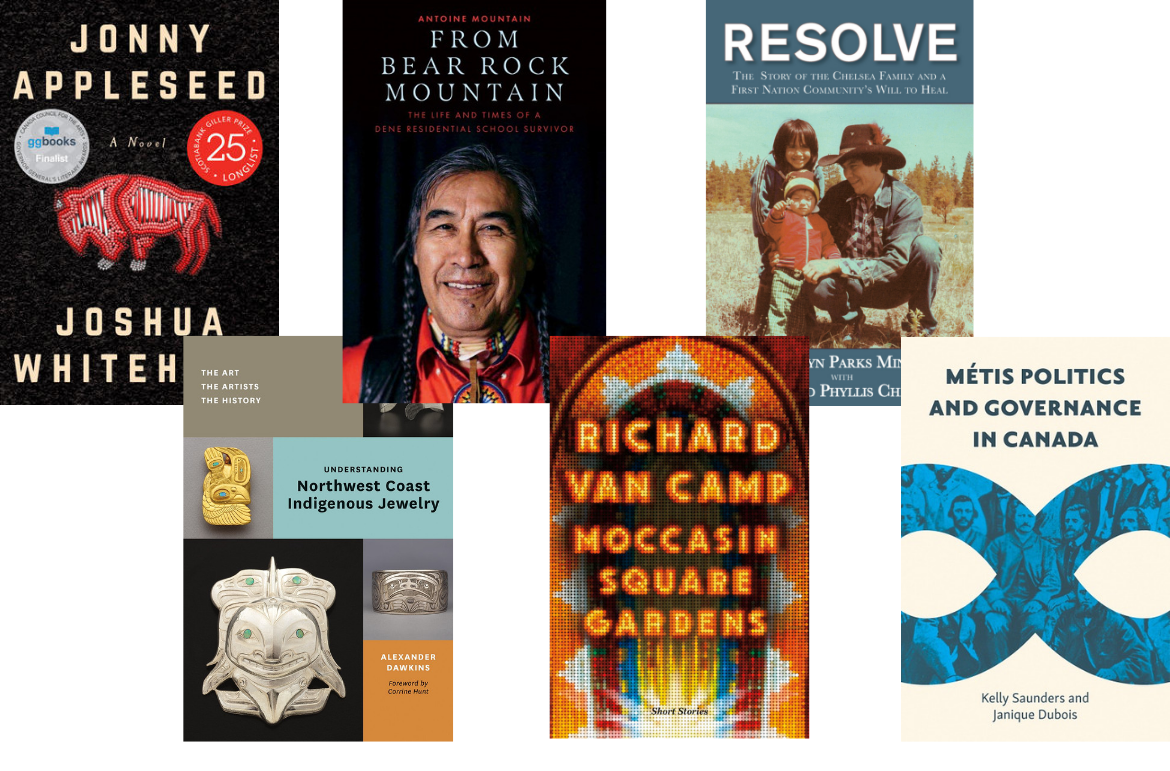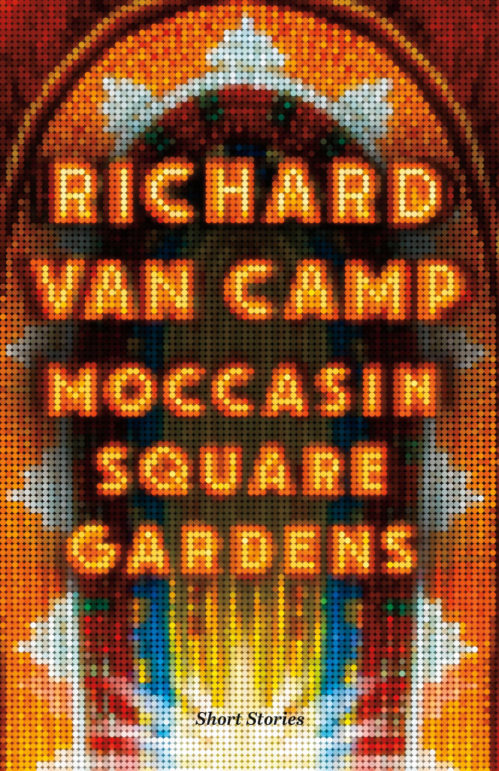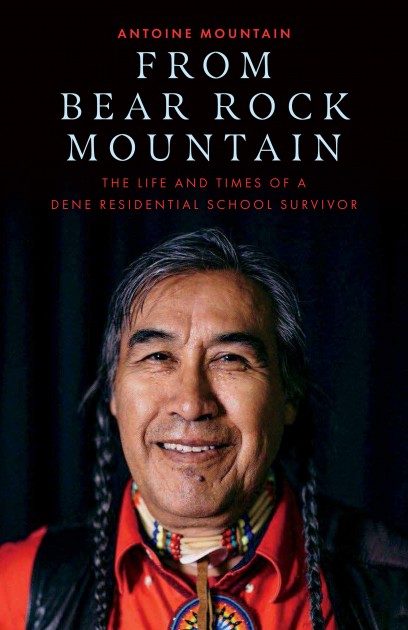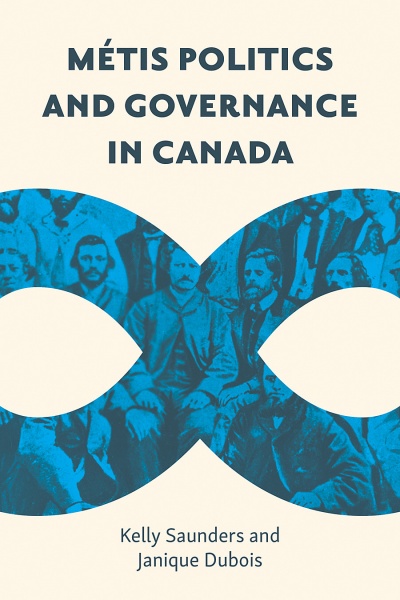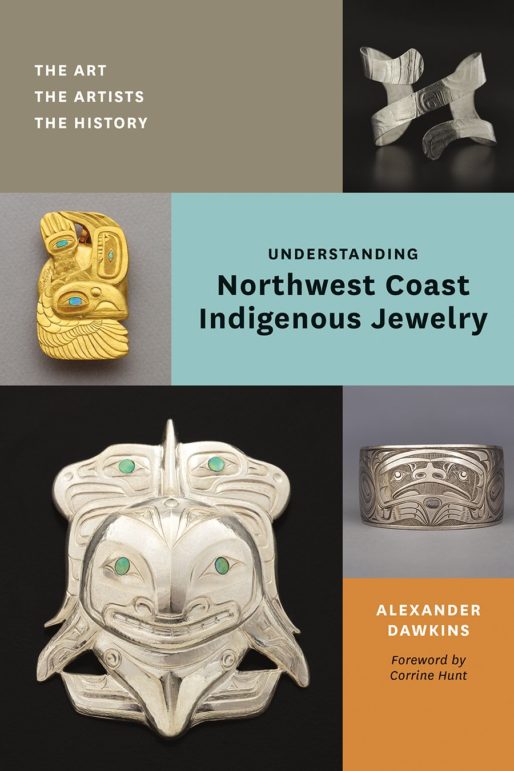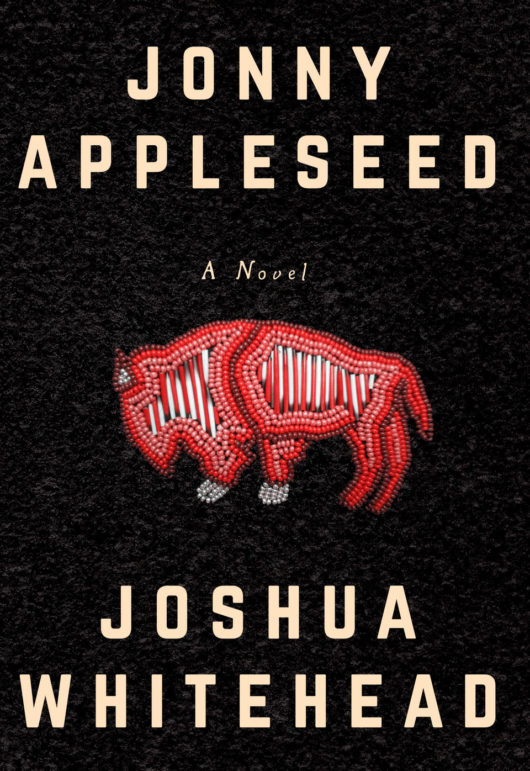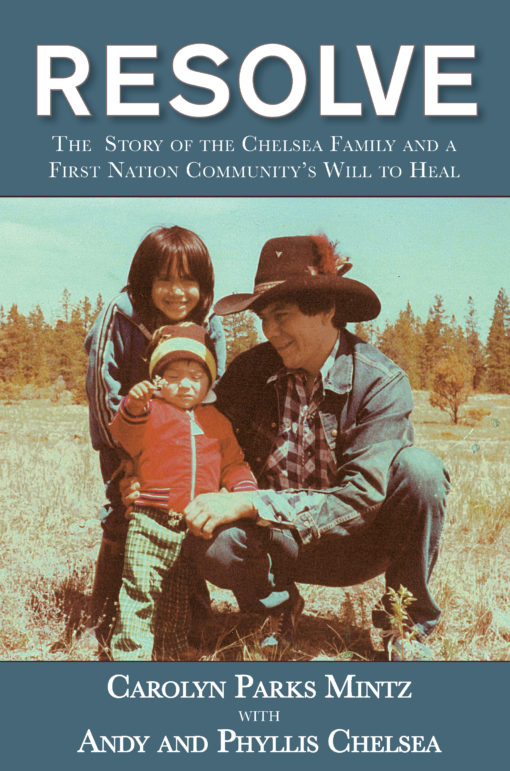National Indigenous History Month is a time for all Canadians – non-Indigenous, Indigenous, and newcomers – to recognize and acknowledge the diverse cultures, considerable achievements and contributions of the First Nations, Inuit, and Métis Peoples. The month acts as a reminder to acknowledge the traditional territories on which we live and work. In recognition of this, we’re sharing a few selected titles, both written by Indigenous authors and on the subject of Indigeneity. These are voices that need to be heard, stories that should be told, and great books that deserve to be read.
In Moccasin Square Gardens (Douglas & McIntyre) by Richard van Camp, the characters inhabit Denendeh, the land of the people north of the sixtieth parallel. This short story collection is about these people and their lives; the lurking monster Wheetago who devours greedy humans; the extraterrestrials they call “sky people”; and the places in which this assortment of characters meet. Drawn from oral storytelling techniques, Moccasin Square Gardens is a humorous and loving portrayal of a diverse community.
From Bear Rock Mountain: The Life and Times of a Dene Residential School Survivor (Brindle & Glass, Touchwood Editions) is a poetic and touching memoir by Antoine Bear Rock Mountain. Born in 1949 on the land near Radelie Koe, Fort Good Hope, Northwest Territories, Antoine Mountain was taken from his home at the age of seven to be sent to a residential school. Three hundred kilometers away from his home, Antoine was forced to attend classes that effectively erased his language and culture. This is his moving account of losing his identity and reconnecting to what was stolen from him, with the painful revelation that Canada’s history is built on colonialism and cultural genocide.
Metis Politics and Governance in Canada (UBC Press) by Kelly Saunders and Janique Dubois is a practical guide to understanding the Métis people and the challenges they face on the way to self-government. Drawing on the Métis language Michif, the authors outline how the Métis have adapted their governance structures in order to meet the needs of their citizens, and how they are adhering to Louis Riel’s vision of a self-governing Métis Nation through principles developed during the fur trade. This is an important read for those looking to gain a deeper understanding of the Métis people, their history, and their politics.
An invaluable tool for those looking to learn more about Indigenous craft, Understanding Northwest Coast Indigenous Jewelry: The Art, the Artists, the History (Greystone Books) by Alexander Dawkins is also a beautiful book. Featuring more than one hundred photographs and a step-by-step overview of techniques, this book is an illuminating peek into the craft and context of Northwest Coast Indigenous Jewelry. It also delves into the history of the art form, biographies and works from over fifty of the Coast’s most well-known jewelers, and offers tips for identifying works, among other useful tidbits.
A finalist for the Governor General’s Literary Award for Fiction, among many other accolades, Jonny Appleseed (Arsenal Pulp) by Joshua Whitehead is a must-read. This is poet Joshua Whitehead’s debut novel, a captivating account of First Nations life. Jonny Appleseed is a young Two-Spirit/Indigiqueer who has left the reserve and is trying to find out ways to live in the big city. Self-ordaining himself an NDN glitter princess, Jonny becomes a sex worker, fetishizing his identity in order to make a living. Told over the seven days leading up to his stepfather’s funeral, for which he must return to the “rez,” Jonny recounts stories of heartbreak, love, trauma, sexcapades, and ambition. The result is a tale of breakages and linkages, and of fitting the pieces together.
Resolve: The Chelsea Story and a First Nation Community’s Will to Heal (Caitlin Press) by Carolyn Parks Mintz is the story of how Andy and Phyllis Chelsea met during their years spent at the St. Joseph’s Mission School in Williams Lake, BC. The couple married in 1964, but their forced residential school experience leaves them with trauma that affects the rest of their lives. When alcoholism prompts their children to request to live with their grandmother instead, Andy and Phyllis choose sobriety to save their family. This shift sparks a lifetime of activism for the couple, who spent years working to eradicate intergenerational trauma, their efforts inspiring other Indigenous groups facing similar injustices.

